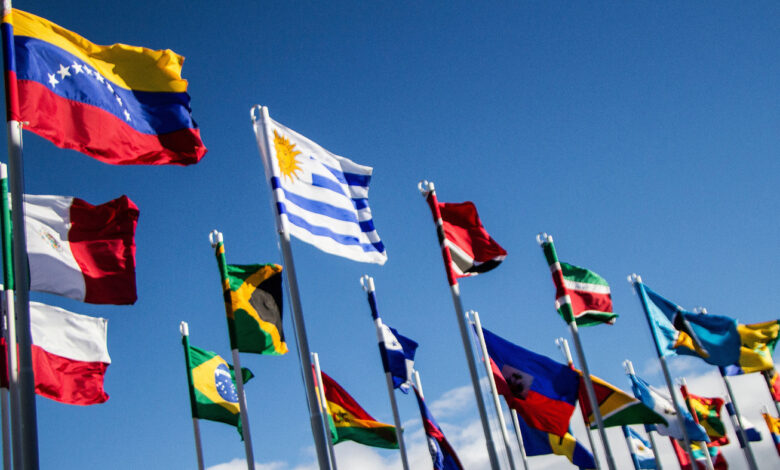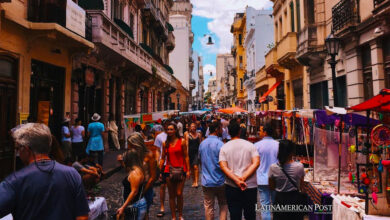Trump should not turn his back on Latin America


It is time for the Trump administration to pay at least some attention to Latin America. Even bankrupt Venezuela has been quicker and more generous than the United States during the tragedy that devastated Peru — a close U.S. ally — last week.
I could hardly believe my eyes when I read a March 19 news report in Peru’s daily El Comercio listing the foreign presidents who had expressed solidarity with Peru. Most had also sent humanitarian aid to help Peru cope with the El Niño-related floods that have caused at least 75 deaths and left more than 100,000 people homeless.
The presidents of Spain, Venezuela, Colombia, Bolivia, Chile, Argentina, Paraguay, Nicaragua, Honduras and Panama, among others, had either called Peruvian President Pedro Pablo Kuczynski or announced humanitarian aid to Peru, the report said. But there was no mention of the United States.
When I called a senior aide to Kuczynski to ask him whether the United States had been accidentally left out of the news report, he said there was still no official statement from Washington, nor an announcement of U.S. aid.
There had been a call by the U.S. ambassador in Peru that resulted in the March 22 transfer of 10 U.S. anti-drug helicopters from central Peru’s Huallaga area to the flooded area in the northern coast, the Peruvian official told me. But that was it.
Four days earlier, Venezuela’s authoritarian regime — which was in the midst of a diplomatic spat with Peru over Kuczynski’s calls for free elections in Venezuela — had announced it was sending a military aircraft with 100,000 boxes of food and rescue equipment. Kuczynski responded that Venezuela’s aid was “obviously welcome.”
At about the same time, Colombia sent four helicopters with 30 tons of humanitarian aid, Chile sent 18 tons of emergency goods and Brazil dispatched a C-130 Hercules military aircraft to help transport flood victims. But five days after these airlifts, the United States had still made no announcement of humanitarian aid to Peru, nor had it issued a statement of solidarity with that country.
To be fair, U.S. presidents have to go through more checks and balances than a Venezuelan dictator to approve special expenditures. And it’s also true that the Trump administration is only two months old, and that its State Department is still not fully staffed, and is consumed by Washington’s internal battles.
Trump has requested a 29 percent cut in funds for the State Department in next year’s budget, including unprecedented cuts in U.S. foreign aid. And Secretary of State Rex Tillerson — who, like Trump, has no previous government experience — has yet to appoint an official in charge of Latin American affairs.
Still, there are reasons to be concerned that, in addition to Trump’s constant vilification of Latin American undocumented immigrants, his apparent disinterest in the region will alienate the United States from its friends, and strengthen its adversaries.
Trump has already ordered the U.S. withdrawal from the 12-nation Trans-Pacific Partnership, which includes several Latin American countries. He is also vowing to renegotiate the NAFTA free trade deal with Mexico and Canada, and wants to examine trade agreements with Central America, Chile and Peru.
Last week, for the first time in at least 20 years, the United States skipped a hearing of the well-respected Inter-American Human Rights Commission on immigration issues, giving a propaganda victory to Cuba and other authoritarian populist regimes that often boycott the commission’s hearings.
A week earlier, the United States was invited to but declined to participate in a March 15 ministerial meeting of the 11 remaining TPP member countries in Chile to discuss possible new trade deals. China, which was not part of the original TPP accord, sent a presidential envoy to the meeting.
My opinion: No U.S. president in recent times has paid much attention to Latin America, but the new administration seems to not even pretend to have an interest in the region. Its failure to even issue a statement of moral support for the Peruvian president — a former Wall Street banker and former U.S. citizen who visited Trump at the White House on Feb. 24 — is troubling. It may be due to indifference, arrogance or inexperience, but it certainly doesn’t serve America’s interests.




